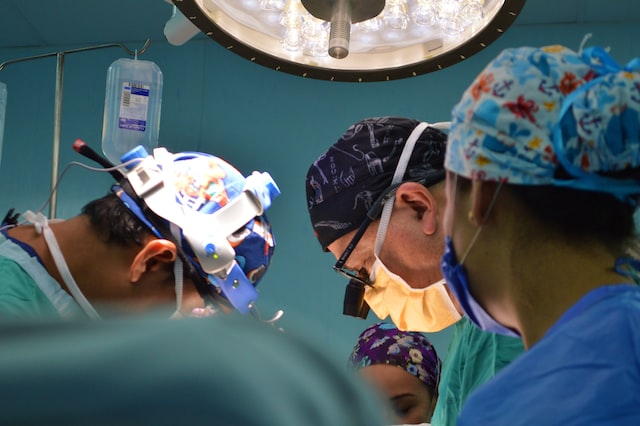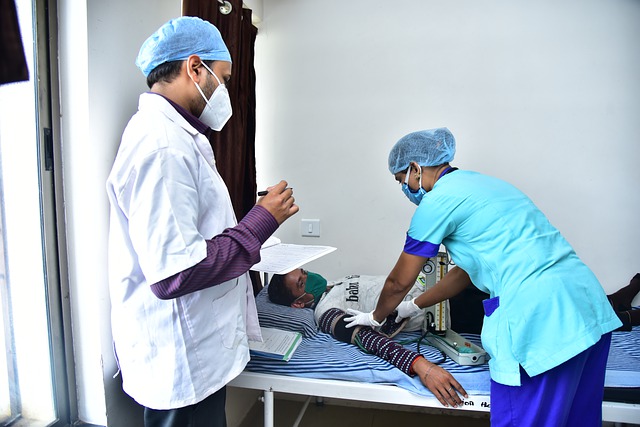Surgery is an incredibly complex process that requires input from a team of highly trained and experienced Medical professionals. The welfare of the patient is the number one priority for all Medical professionals. They are committed to providing the best possible level of care they can.
It would be easy to assume that the more medical staff you have present during surgery, the better the outcome for that patient. However, this isn’t necessarily the case. In fact, there are several advantages to cutting down the number of medical professionals in the surgical theatre. Let’s find out more.
It Gives Surgeons More Space to Work:
Performing surgery is a delicate and highly skilled process that involves a great deal of dexterity and ability. Surgeons need to have adequate space to perform operations and should not feel like they are being hindered by anything, staff or equipment.
Traditionally, surgeons need to have support staff in close proximity to them to help operate specific equipment. This can encroach on the surgeon and impact the quality of their work. However, new developments in medical instruments, such as advanced surgery retractors, have worked to make certain aspects of the surgical process less dependent on more people being present. This means that surgeons can have the space and room needed to carry out their work efficiently and effectively.
Surgery can often be hectic and requires staff to move quickly around what is a relatively small, enclosed space. With too many people present, staff run the risk of bumping into each other or, worse, knocking over important medical machines and equipment.
It Creates Less Confusion:
Surgeons cannot perform alone. Surgery is so complicated and high-risk that having an experienced team there to offer support is absolutely critical. However, there is a limit past which points to additional medical professionals in the surgical theatre becoming a detriment rather than a benefit.
The team need to be in constant communication with one another throughout an operation, discussing details about a patient’s vital signs and the progress of the operation. It is paramount that surgeons are able to clearly hear the information being relayed to them by their team and that they do not have to ask them to repeat anything.
More than one person talking at once can confuse our brains and make it difficult to understand what is being said. While some of us can listen to more than one person talking at the same time, the ability is inherited and is difficult, if not impossible, to learn.
Reducing the number of medical professionals in the operating theatre will prevent staff from talking over one another, allowing the surgeon to efficiently communicate with his team during the operation.
At first, it might seem counterintuitive to reduce the number of medical professionals present in the surgery theatre. After all, the more experienced people there, the better, surely? In fact, reducing the number of staff can have a number of benefits. It creates less confusion and can offer surgeons more space to operate effectively.










